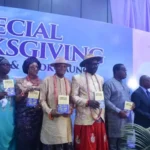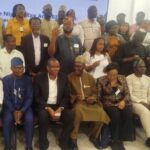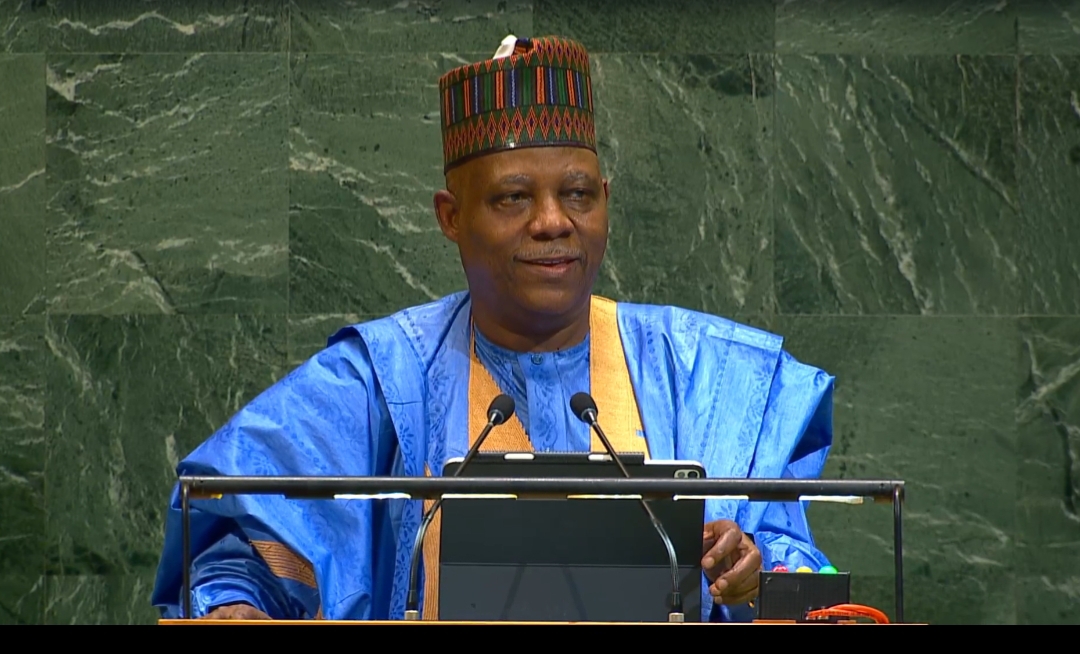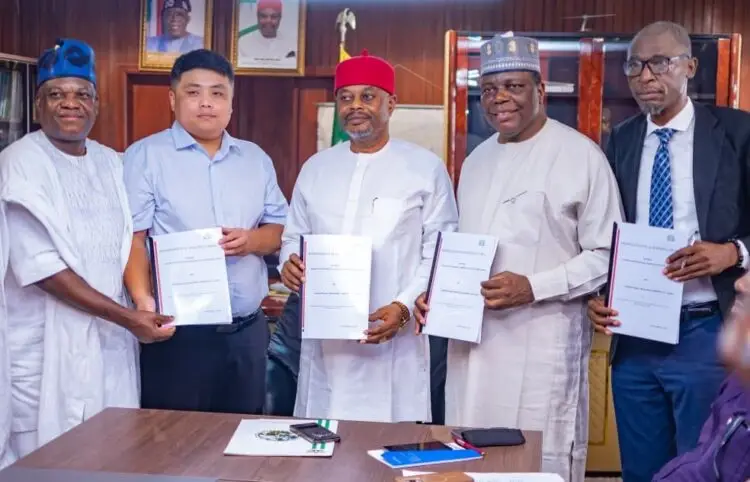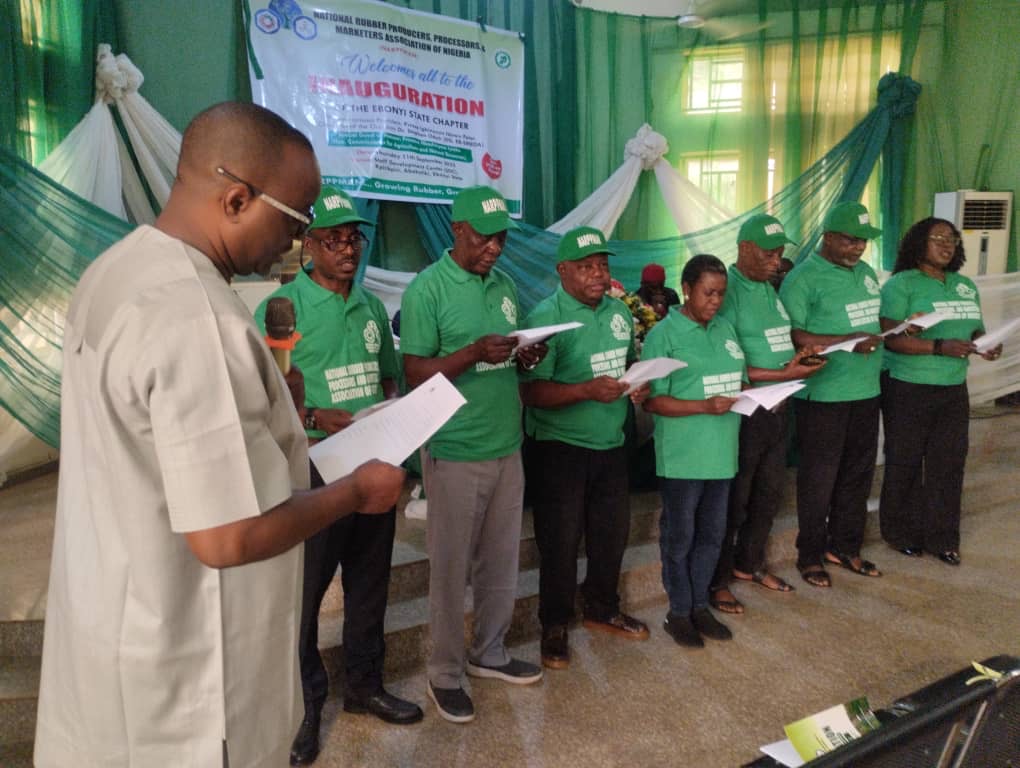Nigeria demands permanent seat at UN Security Council
By Salisu Sani-Idris President Bola Tinubu has reiterated the call for a proper representation of Nigeria on the United Nations Security Council. Tinubu made the call in his address at the general debate of the 80th session of the United Nations General Assembly (UNGA) in New York. The News AgencyContinue Reading

